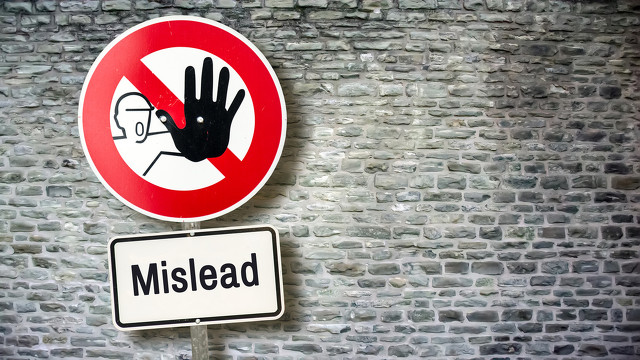Habitual leaks of 'anonymous US official' by Western media reveal pattern of political disinformation
By TOM FOWDY | chinadaily.com.cn | Updated: 2022-03-16 20:56

A series of reports appeared in the Financial Times on March 14 and soon spread to the rest of the Western mainstream media, claiming that Russia had requested "military assistance" from China in the Ukraine crisis.
The claims – denied by both Moscow and China's foreign ministry which branded it as "misinformation" – were attributed to an anonymous official of the United States.
Later on March 14, US National Security Advisor Jake Sullivan discussed bilateral ties among other issues with senior Chinese diplomat Yang Jiechi in Rome. Sullivan proceeded to threaten China with "consequences" if it followed through on such claims.
These accusations are not based on reality. The United States is attempting to use the situation in Ukraine and smear China while attempting to force it to take a side in line with its preferences.
China's Foreign Ministry and media have otherwise made it clear that Beijing supports a peaceful resolution, negotiations and continues to have a policy on the situation in Ukraine premised on attaining stability, while affirming its longstanding principles of non-interference in the internal affairs of other countries, and respect for national sovereignty and territorial integrity.
When the US government makes a claim or statement, the Western media has a habit of reporting whatever it says as an impartial and neutral fact, as opposed to assessing the political agenda that may be behind it, or the evidence to back up such a claim.
While claims by countries such as China are subject to frequent attacks, scrutiny or dismissed as "propaganda" or "misinformation", everything the US says is reported as fact, which allows Western media to repeat the American narrative as it pleases without questioning it at all, which the western public subsequently believe.
Recognizing this issue, American government officials have developed a pattern of propaganda whereby they provide "anonymous leaks" to certain Western newspapers which then publish such unverified claims under the tag of an "exclusive story".
It benefits these newspapers in terms of views, while it allows the US to establish a narrative rapidly with plausible deniability.
This phenomenon functions through "patron-client" relationships between members of the administration and specific reporters, who then "carry water" for the official while boosting their own journalistic credentials by gaining "insider" stories.
For example, Financial Times'reporter Demetri Sevastopulo, who reported the claims that Russia requested "military assistance" from China, has also reported many other stories from government insider sources, including unverified claims of "hypersonic missile" tests.
While this advances his career, it also makes him an effective medium for the agenda of American officials.
Similarly, the previous US administration also had its associated reporters who were used to push government propaganda on issues such as Xinjiang, as well as the lab leak conspiracy theory about COVID-19.
The greatest benefit of this attack is that it makes false stories appear legitimate and credible, when these are otherwise false and politically motivated.
Given this situation, claims that Russia asked China for "military assistance" is a politically motivated story and its primary objective is to try and isolate Moscow while pressuring Beijing to align with Western preferences in the war by branding it as complicit.
The secondary objective, however, is to try and further smear China's reputation among its own allies by tying it to the conflict, framing it as worthy of distrust, unreliable and, therefore, manufactures greater consent for strategic confrontation, decoupling and Cold War politics.
The US has already used the Ukraine situation to reset Germany's foreign policy, dismantle former chancellor Angela Merkel's legacy and further extend its influence in Europe. It has a long-run ambition to forge greater unity against China, both in Europe and beyond. This is a double-edged sword that Beijing needs to be aptly careful about.
Given this, China must be robust in combating US-led disinformation against it, while remaining diplomatically proactive in defending its own interests.
In practice, China's longstanding goal and objectives have been to improve ties with Europe and forge a stable, positive and cooperative relationship.
In conclusion, the US constantly seeks to utilize "wedge issues" in order to undermine China's relationships with other countries and has utilized many means to do this.
The public should, in turn, be extremely sceptical of all claims by "anonymous US officials" to the mainstream media which seek to falsely misrepresent China's positions, views and interests. An official source does not equate to an honest, fair or impartial source, and herein is the media angle of deception.
The author is a British political and international relations analyst. The views do not necessarily reflect those of China Daily.























